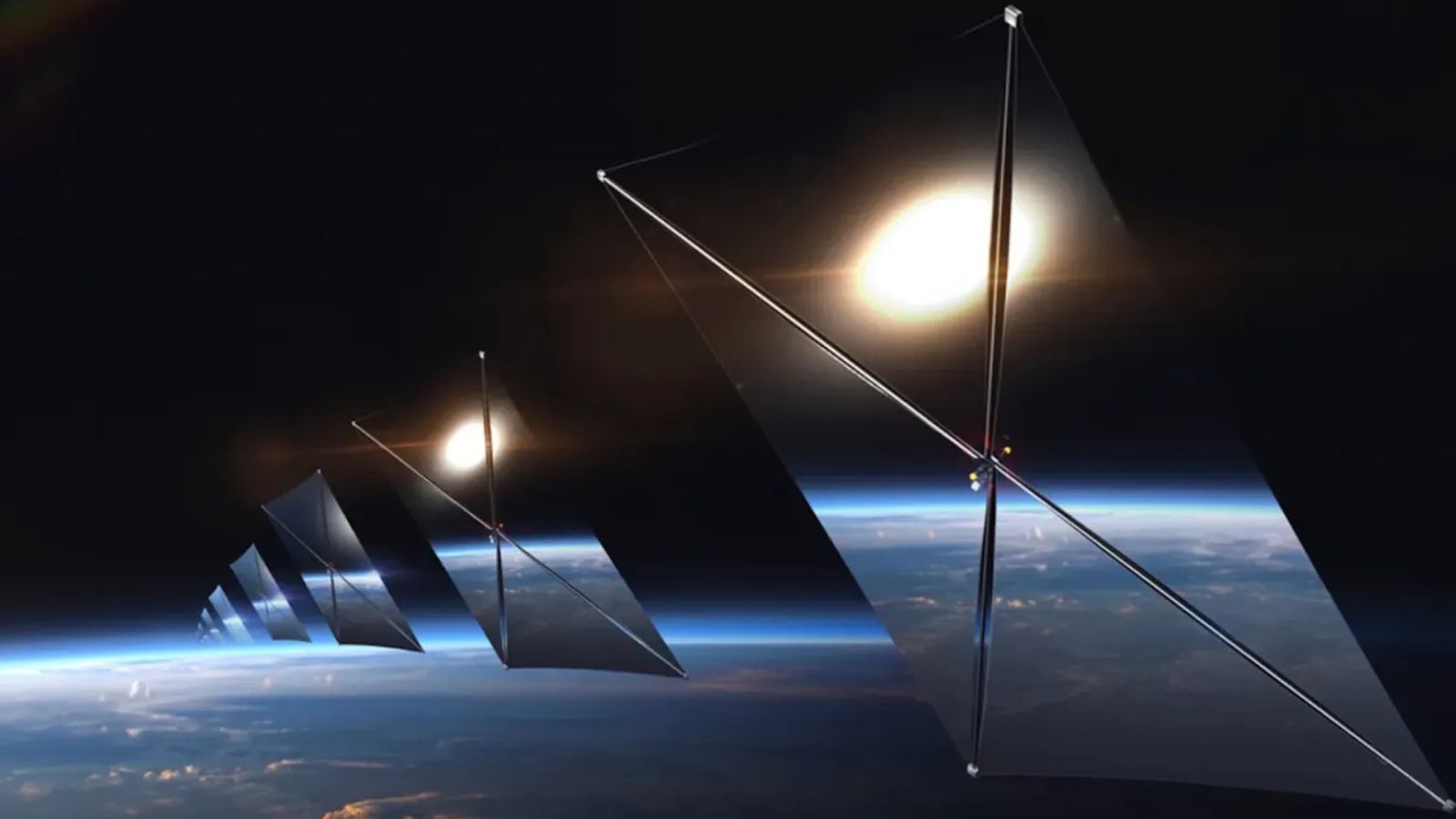California-based startup Reflect Orbital aims to build a swarm of 4,000 giant mirrors in low Earth orbit to “sell sunlight” to customers at night. Experts warn that the mirrors could mess with telescopes, blind stargazers and impact the environment.
Reflect Orbital, which was founded in 2021, has recently taken the first step in a scheme to sell sunlight at night by bouncing solar rays off giant “reflectors” that can redirect the vital resource almost anywhere on our planet. By doing this, the company aims to extend daylight hours in specific locations, thus allowing paying customers to generate solar power, grow crops and replace urban lighting.
But experts say it is a wildly impractical plan that should never get off the ground. What’s more, the resulting light pollution could devastate ground-based astronomy, distract aircraft pilots and even blind stargazers.



This is the same reason that harvesting solar energy in space and beaming it down is also a stupid fucking idea. It’s politically problematic. Nobody wants anybody to have giant death rays in space, so there’s effectively no way to get the energy down to earth. It looks like we’ll all just have to rely on all the green technologies that already work.
Weaponization or dangerous rays are not among the challenges facing space-based solar.